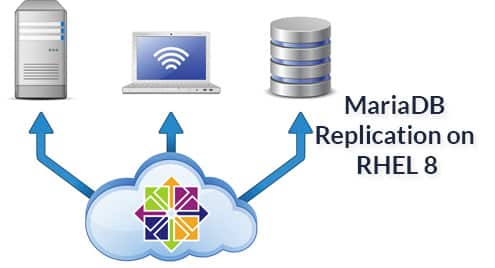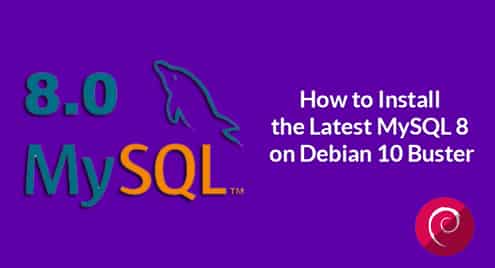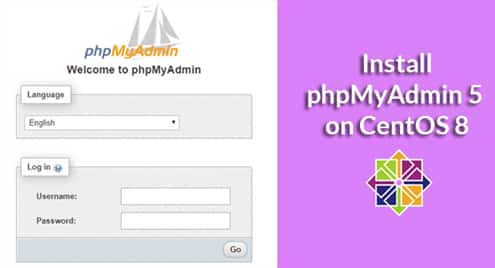phpMyAdmin is a tool written in PHP intended to handle the administration of MySQL over the Web. Currently it can create and drop databases, create/drop/alter tables, delete/edit/add columns, execute any SQL statement, manage indexes on columns.
phpMyAdmin Features
- Intuitive web interface
- Support for most MySQL features:
- browse and drop databases, tables, views, fields and indexes
- create, copy, drop, rename and alter databases, tables, fields and indexes
- maintenance server, databases and tables, with proposals on server configuration
- execute, edit and bookmark any SQL-statement, even batch-queries
- manage MySQL user accounts and privileges
- manage stored procedures and triggers
- Import data from CSV and SQL
- Export data to various formats: CSV, SQL, XML, PDF, ISO/IEC 26300 – OpenDocument Text and Spreadsheet, Word, LATEX and others
- Administering multiple servers
- Creating graphics of your database layout in various formats
- Creating complex queries using Query-by-example (QBE)
- Searching globally in a database or a subset of it
- Transforming stored data into any format using a set of predefined functions, like displaying BLOB-data as image or download-link
- And much more…
Latest phpMyAdmin 4.6.5.2 changelog
- Fixed SQL export with newlines
Previously fixed in 4.6.5.1:
- an issue affecting a small number of users using $cfg[‘Servers’][$i][‘hide_db’] or $cfg[‘Servers’][$i][‘only_db’].
- an issue affecting the create table dialog where the partition selection tool was overzealous and made it difficult to create a new table.
Highlights from the 4.6.5 release:
- Fix for expanding in navigation pane
- Reintroduced a simplified version of PmaAbsoluteUri directive (needed with reverse proxies)
- Fix editing of ENUM/SET/DECIMAL field structures
- Improvements to the parser
See Changelog for complete list
How to Install latest phpMyAdmin on Ubuntu 16.10 (Yakkety Yak), Ubuntu 16.04 (Xenial Xerus), Ubuntu 15.10 (Wily Werewolf), Ubuntu 15.04 (Vivid Vervet), Ubuntu 14.04 (Trusty Tahr), Ubuntu 12.04 (Precise)
sudo apt-get install mysql-server sudo apt-add-repository ppa:nijel/phpmyadmin sudo apt-get update sudo apt-get upgrade sudo apt-get install phpmyadmin




